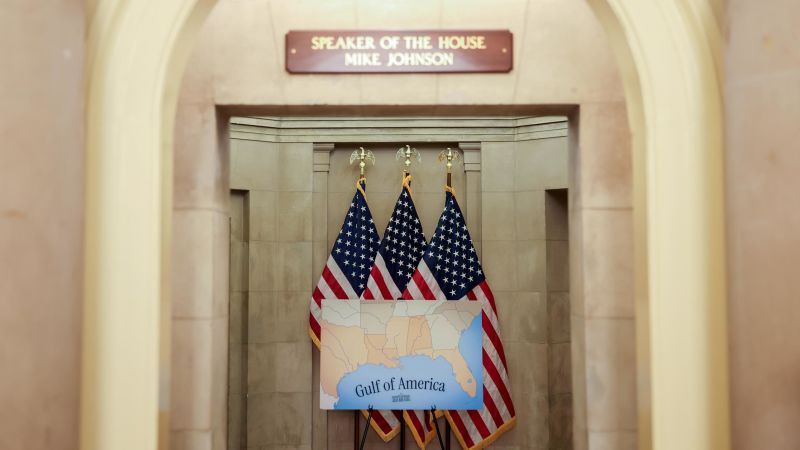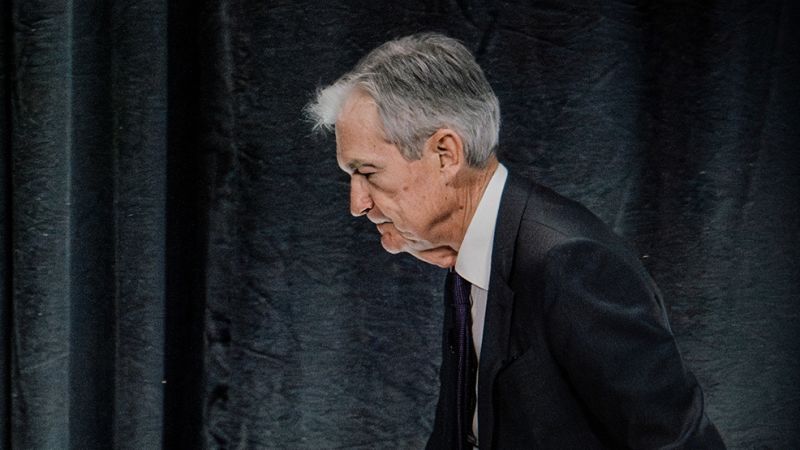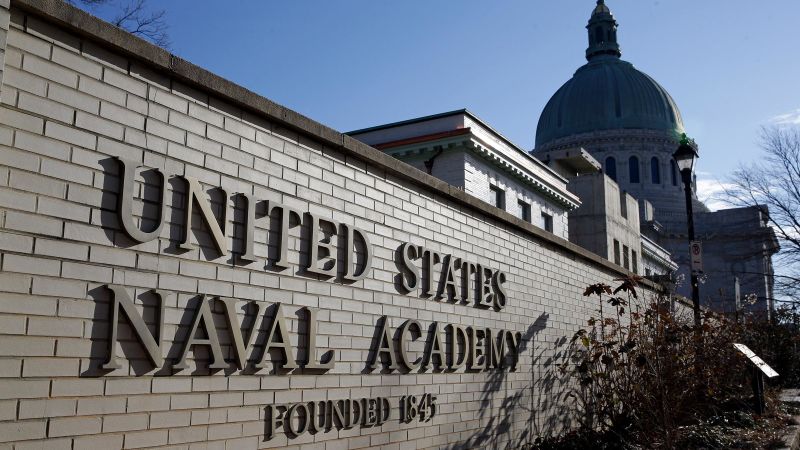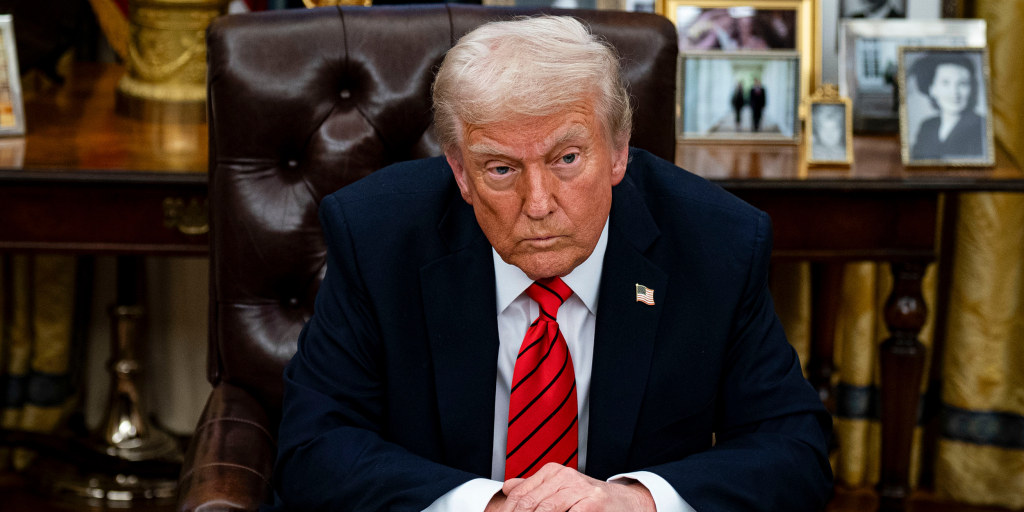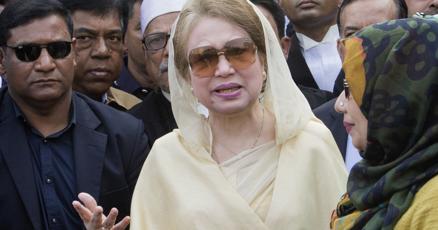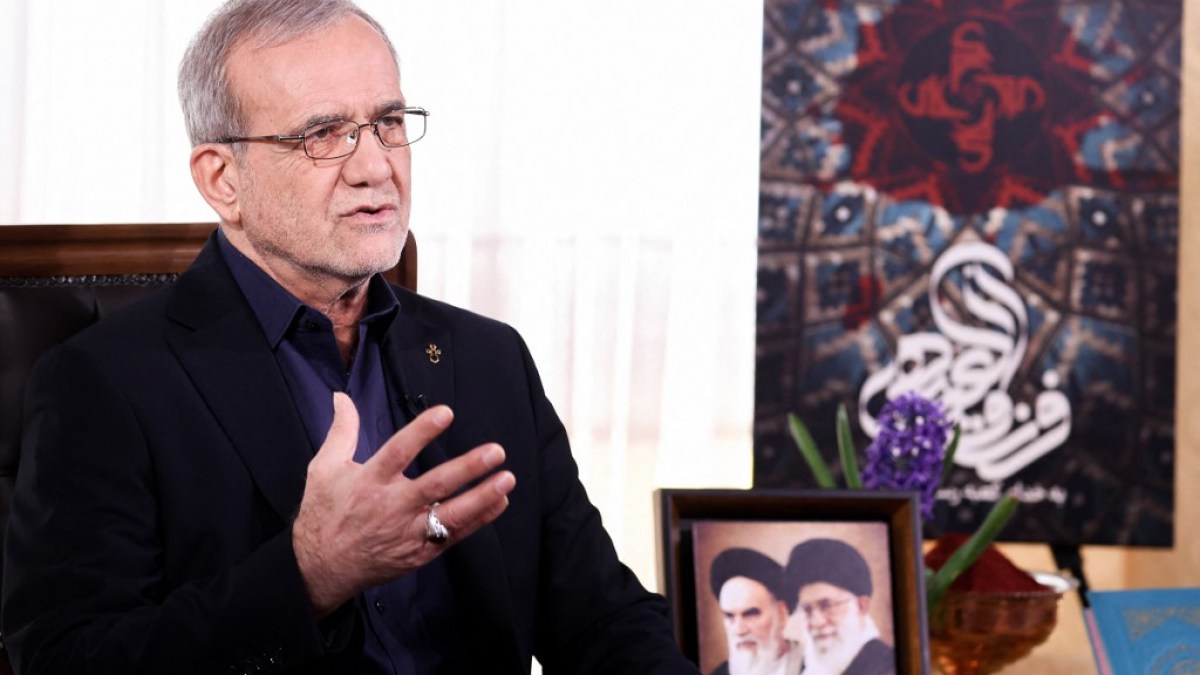Comedic Controversy: Indian Comedian Faces Legal Heat Over Satirical Skit Targeting Political Figure
Politics
2025-03-25 04:50:08Content
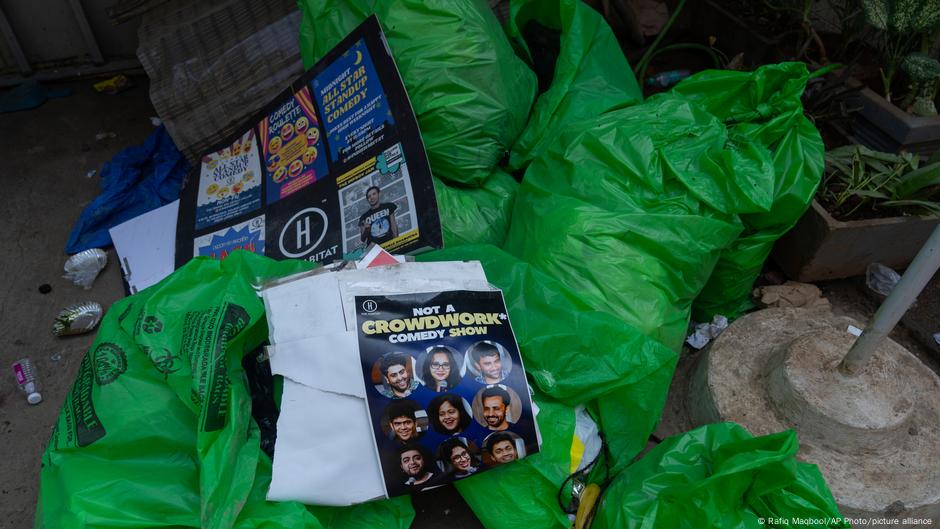
In a fresh challenge to free speech, Indian comedian Kunal Kamra finds himself under scrutiny for a provocative satirical comedy skit that takes aim at a prominent political ally of Prime Minister Narendra Modi. This latest incident highlights the ongoing tension between comedians and political figures in India, where humor that challenges powerful personalities often leads to controversy.
Kamra, known for his bold and unfiltered comedic style, has once again found himself at the center of a potential legal storm. The comedian's skit, which reportedly mocks a key political figure close to the current government, has triggered an official investigation, underscoring the delicate balance between comedy and political criticism in the country.
This is not an isolated incident. In recent years, Indian comedians have repeatedly faced legal challenges, social media backlash, and even potential prosecution for their satirical takes on political leaders and government policies. The growing trend suggests a shrinking space for comedic expression and political satire in India's increasingly sensitive political landscape.
Kamra's case serves as a stark reminder of the challenges faced by comedians who dare to use humor as a tool for social and political commentary in a complex and often volatile democratic environment.
Comedy Under Fire: The Perilous Landscape of Satire in Modern India
In the complex world of contemporary Indian entertainment, comedians find themselves navigating an increasingly treacherous terrain where humor intersects with political sensitivity, challenging the delicate boundaries between free expression and potential repercussions.When Laughter Becomes a High-Stakes Political Gamble
The Rising Tension in Indian Comedy Circles
The contemporary comedy landscape in India has transformed into a high-wire act of political commentary, where performers like Kunal Kamra are constantly testing the limits of satirical expression. Comedians have increasingly become frontline cultural commentators, wielding sharp wit as their primary weapon against political orthodoxy. The intricate dance between humor and potential legal consequences has created a charged atmosphere where every punchline could potentially trigger significant institutional responses. Emerging comedians recognize that their craft now demands not just comedic skill, but also a nuanced understanding of political dynamics. The risk of investigation, censorship, or legal action looms large, creating an environment of self-censorship and strategic comedic navigation. This phenomenon reflects broader societal tensions surrounding free speech and political critique in contemporary India.Political Sensitivity and Comedic Expression
The investigation into Kunal Kamra's satirical performance represents a microcosm of larger systemic challenges facing comedians in India. Comedians are increasingly finding themselves at the intersection of artistic expression and political scrutiny, where their performances are meticulously analyzed for potential infractions against political sensitivities. The complex relationship between comedy and political power structures reveals deep-rooted tensions in democratic discourse. Comedians like Kamra serve as critical social commentators, using humor as a mechanism to challenge established narratives and expose potential inconsistencies in political rhetoric. Their work becomes a form of social critique that transcends traditional journalistic reporting, offering audiences a unique lens through which to understand complex political dynamics.Legal and Social Ramifications of Satirical Comedy
The potential consequences for comedians who challenge political narratives extend far beyond mere professional risks. Investigations and potential legal actions can significantly impact an artist's career, personal reputation, and broader creative ecosystem. This creates a chilling effect that potentially undermines the fundamental principles of free expression. Moreover, the broader societal implications of such investigations suggest a growing intolerance for critical perspectives. When comedians face institutional scrutiny for their artistic expressions, it signals a potentially dangerous trend towards limiting diverse voices and perspectives in public discourse. The delicate balance between maintaining social harmony and allowing critical commentary becomes increasingly challenging.The Evolving Landscape of Comedy as Political Commentary
Contemporary Indian comedy has emerged as a powerful medium for social and political critique, transforming traditional entertainment paradigms. Comedians are no longer merely entertainers but have become essential social commentators who challenge established narratives through strategic humor. The increasing professionalization and sophistication of comedy as a critical medium demonstrate the evolving nature of public discourse. Performers like Kamra represent a new generation of artists who understand the power of humor as a tool for social engagement and political analysis. Their work challenges audiences to think critically, question established narratives, and engage with complex social dynamics through the accessible medium of comedy.Global Perspectives on Comedy and Political Critique
The challenges faced by Indian comedians resonate with global conversations about the role of satire in democratic societies. Internationally, comedians have long served as critical voices that challenge power structures, expose societal contradictions, and provide nuanced social commentary. The tensions surrounding comedy in India reflect broader global debates about the boundaries of free expression, the role of artistic critique, and the delicate balance between maintaining social harmony and allowing critical perspectives. These discussions highlight the universal significance of comedy as a powerful mechanism for social engagement and political analysis.RELATED NEWS
Politics
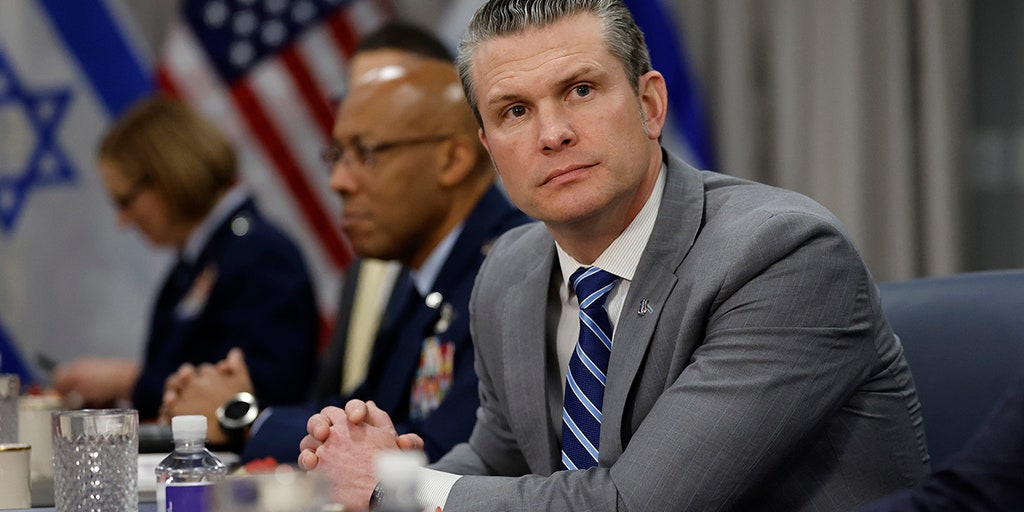
Pentagon Sidelines Top Pete Hegseth Aide: Dan Caldwell Faces Administrative Suspension
2025-04-15 20:03:44
Politics
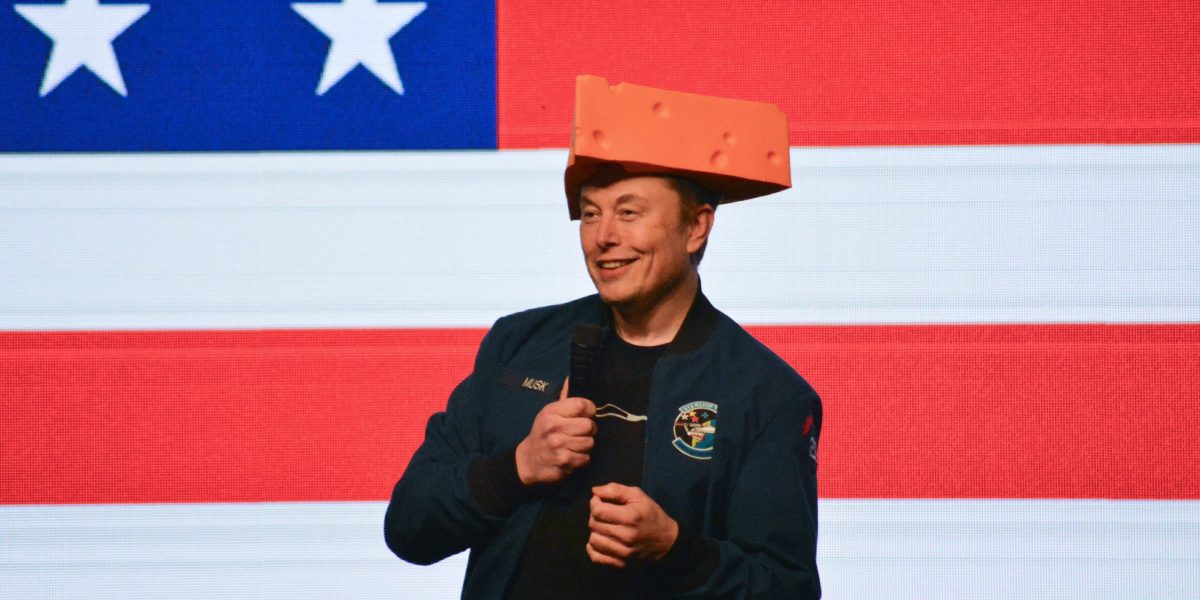
Musk Defies Speculation: Tech Titan Doubles Down on Political Involvement Despite Investor Whispers
2025-04-03 15:59:30
Politics
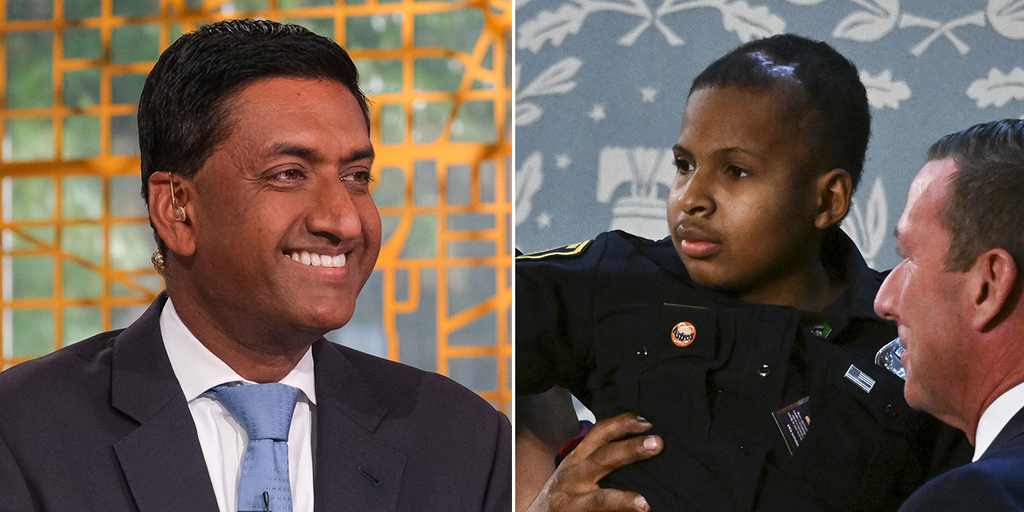
Heartbreak at 30,000 Feet: Dem Confronts Party's Cold Shoulder to Young Cancer Patient
2025-03-07 18:42:32
